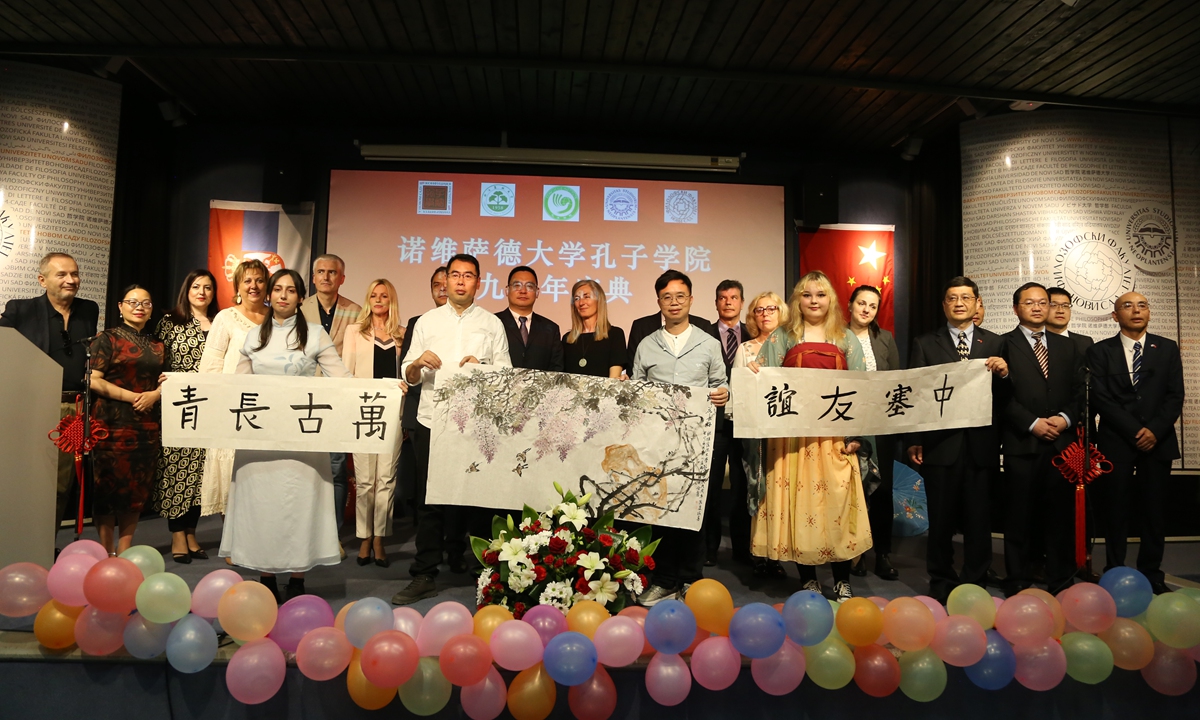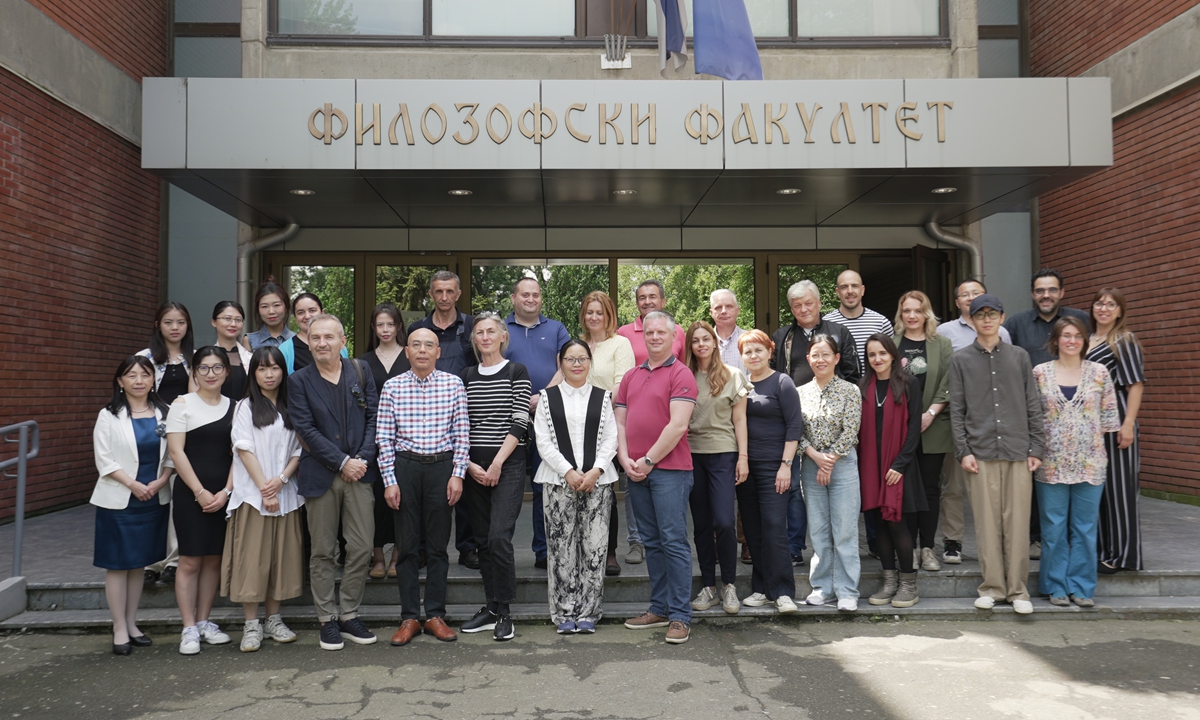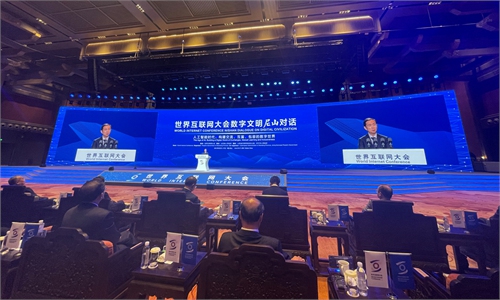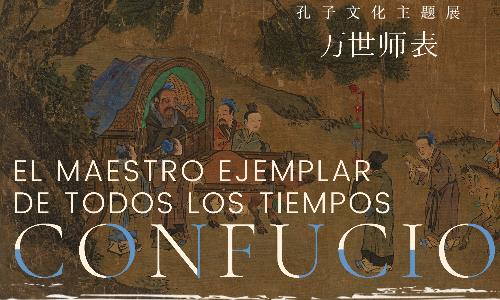ARTS / CULTURE & LEISURE
Confucius Institute enables more young Serbs to fall in love with Chinese language, culture

Photo: Courtesy of Confucius Institute at the University of Novi Sad
The Confucius Institute at the University of Novi Sad in Serbia aims to become a window for Serbian people to learn Chinese language and understand Chinese culture, and bridge for educational and cultural exchanges between the two countries, Chen Xiu, director of the institute, told the Global Times in an exclusive interview.Founded in 2014, the second such institute in Serbia marked its ninth anniversary in May. It has provided Chinese language and cultural training services to more than 1,000 registered students, ranging from 5 to 55 years old, all year round.
Some of them are students, some are already working, and some are even housewives. They mainly learn Chinese based on their own interests and needs, according to Chen.
Students in kindergartens and primary schools learn Chinese mainly because of their parents, who think Chinese language is an important tool as they have a certain understanding of China and like Chinese culture.
Jana Todorčeska, a student from Karlovci Grammar School who has been studying Chinese for 10 years, described her first encounter with the Chinese language at the age of 8 as "an interesting story."
Todorčeska's mother saw on the internet or a newspaper that the city library was giving Chinese courses for beginners and "she thought it would be a great opportunity for me to get to know another culture."

Photo: Courtesy of Confucius Institute at the University of Novi Sad
Now she feels very happy that she has "been studying Chinese for years and been surrounded with Chinese culture and people for a very long time."Serbian middle schools provide students with a variety of foreign language courses, including Chinese. Some students choose Chinese because they like it, and some are part of their personal career planning as they are determined to study or work in China, after seeing there are more and more opportunities thanks to the Belt and Road Initiative.
For others, they are just interested in Chinese and Chinese culture due to the traditional friendship and exchanges between the two countries.
Students Luka Simic and Milena Karanović, who just returned from a summer camp in China, recalled their happy time in the country, where they deeply felt the friendship between Serbia and China and the hospitality of Chinese people.
The institute is the world's first to focus on China's tea culture. For nine years, tea art classes have been its specialty.
"It integrates the spirit of Confucianism, Buddhism and Taoism - the combination of tea and the Confucian concept of courtesy; the combination of tea and the Buddhist concept of Zen; the combination of tea with the Taoist concept of enjoying life and maintaining health," explained Chen.
In addition to tea art classes, the institute also offers Chinese martial arts, calligraphy and painting, music, traditional paper-cutting and other Chinese culture courses to help students better understand the country's traditional culture.




